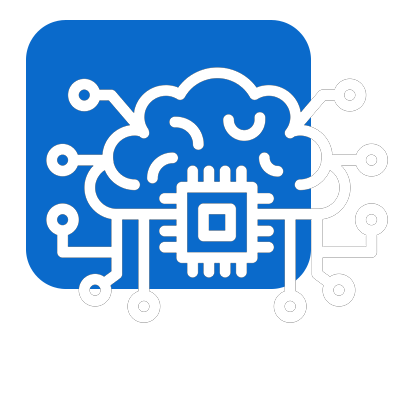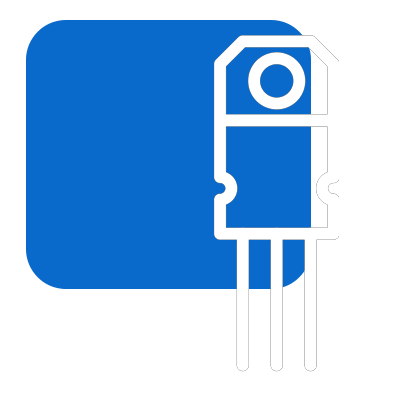Thrive in Telecom
Excel in technology to drive seamless customer experiences
Innovations, like 5G, are reshaping society, introducing new business models and entrants in telecom. This poses opportunities and challenges for incumbents with inflexible, costly legacy systems, risking revenue loss if they maintain the status quo.
The telecom industry is swiftly changing, driven by emerging technologies such as 5G, IoT, Cloud Computing, AI, Cybersecurity, and evolving regulatory landscapes. This transformation presents both challenges and opportunities.
Telecom firms must seek ways to stand out and deliver added value to customers, and technology can be the key to addressing these challenges.
Challenges addressed
Businesses are on an uphill battle to drive innovation and connect with customers better
- Improve customer experiences – QoS, QoE
- Introducing new services – IOT, 5G use cases
- Scalability for High Volumes
- Low Latency usage & charging management
- Flexibility to manage network slices
- Regulatory and Security Concerns
- Adapting to 3GPP 5G standards
- Cloud Native, service-based API for flexible deployment
- Standardized APIs among different interacting parties
Enabled technologies
Reimagine your business processes when powered by digital technologies.
5G technology offers the potential for higher speeds and reduced latency, facilitating new applications and services.
Yet, its implementation demands substantial infrastructure investment. Telecom firms need to strike a balance between the costs and advantages of 5G.
The telecom industry is experiencing growth propelled by the Internet of Things (IoT), with the prospect of connecting billions of devices in the near future.
Nevertheless, this expansion also poses security and data management challenges.
Cloud computing is revolutionizing telecom operations by offering cost savings, scalability, flexibility and improved customer serviceability.
Nonetheless, effectively managing cloud infrastructure demands the acquisition of new skills and expertise.
Artificial intelligence (AI) is employed in the telecom sector to enhance customer service, optimize networks, and enable predictive maintenance.
Nonetheless, it also triggers concerns about potential job displacement and ethical considerations.
Telecom companies face significant cybersecurity challenges due to their handling of sensitive data and critical infrastructure.
Emerging technologies like 5G and IoT expand the attack surface, necessitating the implementation of additional security measures.
The regulatory landscape in the telecom industry is intricate and ever-evolving, featuring varying rules and standards across different countries.
Telecom firms must skillfully manoeuvre through this terrain to maintain compliance and avert penalties.
Drive digital success
Gain the right insights and intelligence to continuously progress and win










